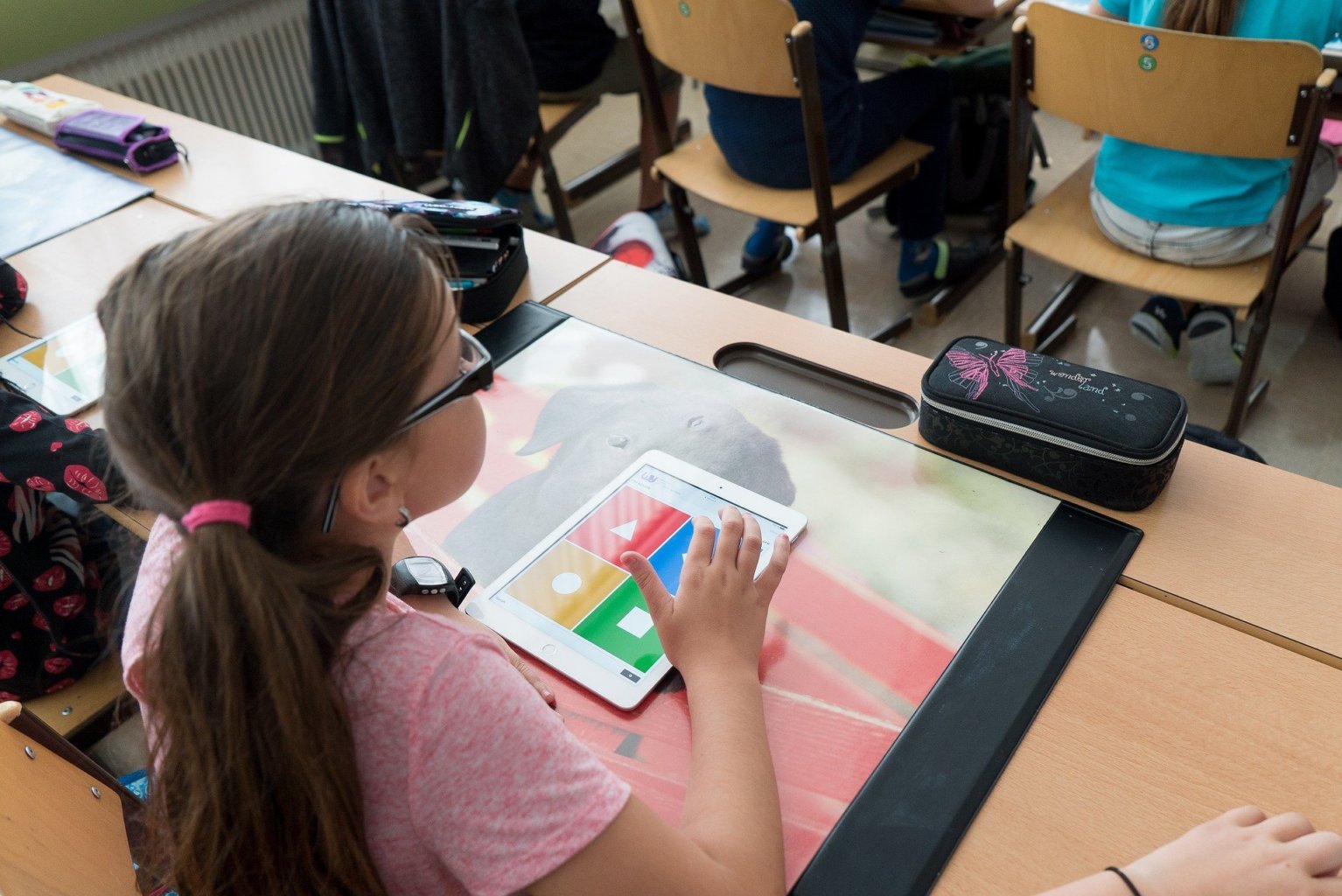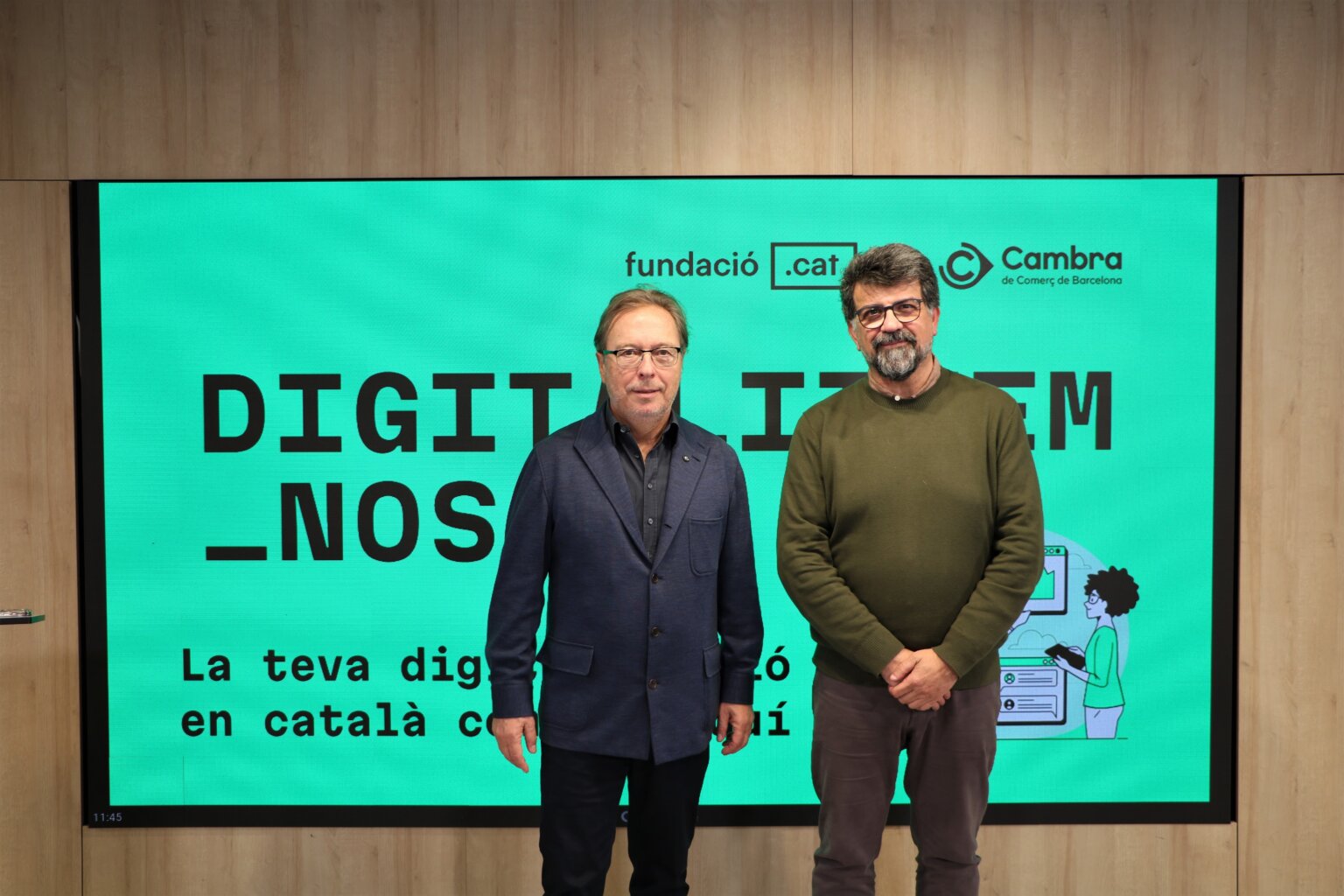Digital education, theme of the month of December
Teaching and digitization are evolving hand in hand due to restrictions due to the pandemic

L’ensenyament digital està cada cop més instaurat a les escoles de casa nostra. FONT: Pixabay
The era of the pandemic has accelerated the introduction of new technologies in the classrooms of our country. The digitalization of classrooms, which perhaps before the health crisis was still a bet to make, or a pending bet, is now becoming a necessity for educational communities. Attendance can be a problem and it must be ensured that all students can follow the classes from home, regardless of the financial position of the family.
Teachers have a wide range of digital resources available to download and use in their classes. From the list made available by the Xarxa Telemàtica Educativa de Catalunya on its website, through the selection of Xtec resources in Google Sites, to end with Merlí, a catalog of digital educational resources developed by the Department of Education.
Robotics and teaching
Robotics and programming are two skills that are increasingly present in education and, therefore, will decisively mark the labor market of the 21st century. In this line, educational robotics is a learning system that can be applied to any discipline of teaching and that uses robots and programming as a guiding thread.
They are an effective tool for solving problems of any kind, they require the student an abstract mental work in which he must discover what is the best option to, for example, overcome an obstacle. The range of options and difficulty of the exercises is very wide, and responds to the needs and objectives of each of the stages of student learning.
Doubts and fears
In the age of information and the Internet, children and adults need tools to make responsible use of the web. In the galaxy the Internet is overinformation and fake news; but it is also a valuable instrument of work, leisure, training, and indeed an instrument for (almost) anything that comes to mind. However, for some people such as minors, the Internet can be a problem related to the addiction or progressive disconnection from the physical and real world through the creation of digital identities.
For adolescents and young people, social networks are a main and consensus space in which they relate sexually and, too often, where they appear as reproducers and enhancers of gender-based violence. Networks tend to be their social showcase and often also a showcase for their own overexposure and sexualization. This overexposure can trigger processes of anxiety and cell phone addiction.
However, while the dangers are real and the kids need to be educated in order to avoid these episodes, the educational benefits that smartphones bring should overcome our fears and squeeze the most out of what technology offers students and faculty. The list of training activities we can carry out with a mobile phone is endless.
Is it necessary to digitize schools at breakneck speed or was there already before the pandemic a basic network of computers, tablets and other resources that allow for distance learning and are highly dependent on technological resources? Are we forcing kids to spend even more time hanging out on a screen? How much ignorance and how much justified fears do adults have towards the use that young people and adolescents make of the Internet and networks?
These and other questions will be the ones we will ask ourselves, and we will try to answer, during the month of December on the Fundació .cat’s website.


